Stanisława Celińska
출생 : 1947-04-29, Warsaw, Mazowieckie, Poland
약력
Stanisława Celińska (born April 29, 1947 in Warsaw, Poland) is a Polish actress. For her roles she won two Polish Film Awards and was nominated three times. In 1968, Celińska debuted in the theatre. A year later she graduated from Akademia Teatralna im. Aleksandra Zelwerowicza in Warsaw. Since then, she performed in many Warsaw theatres. Currently, Celińska performs in Nowy Teatr and Teatr Współczesny, both in Warsaw. In 2015, her second album (Atramentowa) as a vocalist ranked high on the Polish charts and became a gold album. In 1986, she was awarded a Silver Cross of Merit, a Polish civil state award recognizing services to the state.

Stasia
Wojciech, who does not feel the ubiquitous joyful atmosphere, meets someone who changes his holiday plans. In turn, Karina and Szczepan get embroiled in a fight for an inheritance that may divide even their loved ones. They will see if the only thing that comes out well with the family is in the photos.

jako Babcia Romy, matka Romy
Fine-arts student Zosia is a young daredevil mural painter who enlivens Warsaw with lovely graffiti. She lives with her mother Roma and grandmother Romy in a beautiful villa that has come under threat from property developers. Romy has long lost the deeds to the house. Will the women lose their home? And will they want to stay there once Roma finds new love and granny reveals a secret from long ago?

Helena
Four woman, each with their own theory about love. Iga is married and lives in a happy relationship but deeply fantasies about extreme experiences. In her search she uncovers various shades of loves, like the modern femme fatale (Joanna) and a woman (Agata) who is being cheated on. An attractive 30 year old (Roma) is searching for a man who will turn her life upside and desperate for this life changing moment. Set in modern Warsaw, where one night can change anybodies life.

Siostra przełożona
A dashing young Italian in Poland finds himself caught between two women — a novitiate nun and a ruthless corporate ladder-climber — in this lacerating vision of contemporary Poland from master filmmaker Krzysztof Zanussi.

Neighbor
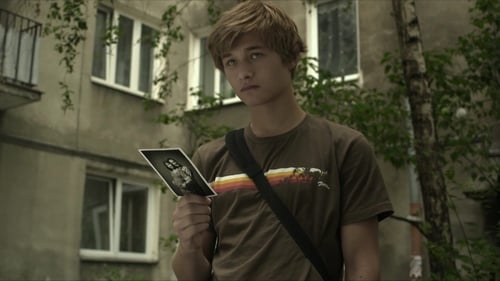
Stanisława Kostrzewa

pani Zdzisia
세계 역사상 가장 중요한 군사적 대립 중의 하나를 그린 방대하고 역사적인 벽화, <1920년 바르샤바 전투>는 두 명의 평범한 인간이 투쟁에 휘말리는 서사시적 이야기다. 이야기가 펼쳐지는 시간을 따라 극단적인 사건들이 역사와 삶의 변화를 드러낸다. (2011년 16회 부산국제영화제)

Kaminska
In an era in which it is difficult for the true emotion and excitement, Feliks Falk found the key to the human heart. How many of us love? How much we are able to self-sacrifice? Is there a price that can not pay, when it comes to life of a loved one? Are we really as good as we think about yourself? In Joanna's life is given forever. Today's friend suddenly becomes an enemy. Reflex heart turns into a curse. When one of the lonely woman takes care of little girls-czynkę do not know that from now on, her life will be sweet - bitter taste. Fate in this film is everything. Allows people to find that in a moment blow and lead to separation. After-forgives love, for which you have to pay a huge price. Fulfills the promise of happiness loneliness, brittle as glass.
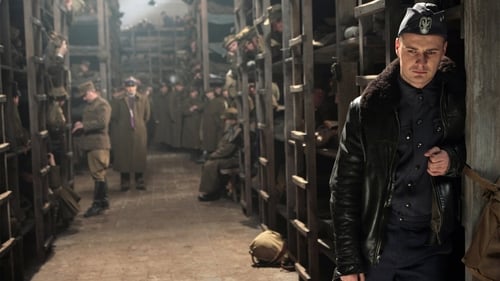
Stasia
2차 세계대전 중 카틴 숲에서 살해당한 폴란드 장교들과 그 사실을 모른 채 남편과 아버지, 아들과 형제들이 돌아오기를 기다렸던 가족들에 관한 이야기다. 은 또한 기억과 진실에 대한 불굴의 사투에 관한 영화이며, 소련공산당이 자신들이 자행한 학살을 강제로 묻으려 했던 거짓말에 대한 단호한 평가이다. 2차 세계대전 초기 1939년 9월 17일 독일의 폴란드 침공 직후 소련 적군 또한 스탈린의 명령에 의해 폴란드 땅을 침입한다. 그 결과, 모든 폴란드 장교들은 소비에트 수용소에 억류되었다. 창기병 연대장의 아내 안나는 그의 남편 안제이을 기다린다. 그녀는 비록 부정하고 있지만 카틴 숲에서 폴란드 군인들의 시체 무더기들이 발견된 후 어쩔 수 없이 소련군들이 그의 남편을 죽였다는 사실과 대면하게 된다. 조종사의 여동생 아그네쉬카 역시 그와 같은 운명에 처하고 범죄에 대한 침묵과 거짓말에 의해 비탄에 잠긴다. 그리고 연대장의 친구 예르지만이 유일한 생존자로 남겨진다. 은 폴란드 대통령 레흐 카친스키와 부인 마리아 카친스키의 후원 아래 만들어졌다.

Rogasiowa, matka Beaty
Film o przyjaźni dwóch dziewcząt, które poznają się w dzieciństwie. Mają swoje marzenia i plany, które w przyszłośFilm o przyjaźni dwóch dziewcząt, które poznają się w dzieciństwie. Mają swoje marzenia i plany, które w przyszłości się spełniają. Jedna z nich, Becia zostaje znaną aktorką. Druga z bohaterek, Sygita, zostaje krawcową, ma męża, dom i tak jak chciała pozostaje na prowincji, bo ten kawałek nieba kocha najbardziej.ci się spełniają. Jedna z nich, Becia zostaje znaną aktorką. Druga z bohaterek, Sygita, zostaje krawcową, ma męża, dom i tak jak chciała pozostaje na prowincji, bo ten kawałek nieba kocha najbardziej.

Baba z krowami

Ciotka Żura
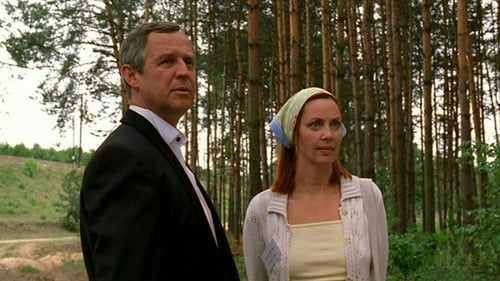
pani Ala
Bohaterem filmu jest 50-letni biznesmen Tomasz Adamczyk, który chce zrezygnować z prowadzenia interesów w branży winiarskiej i poświęcić się swojej pasji życiowej filozofii. Pomysł ten nie przypada do gustu jego wspólnikowi. Do tego wszystkiego Tomasz ulega wypadkowi i zostaje wzięty jako zakładnik przez miłośników produkowanego przez siebie wina.
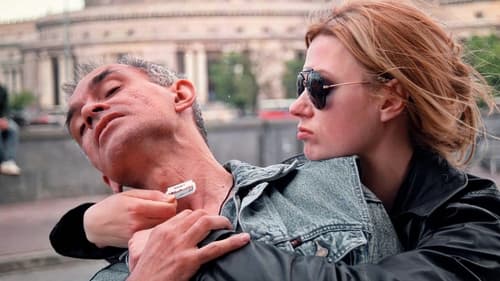
Teresa, matka narkomanki, uczestniczka spotkań w "Powrocie z U."

pułkownikowa Krępska

pani Poznańska, sąsiadka Aleksa
Two broken, police, destruction of property by arson with an explosive charge, stealing a car. Not bad for one night! Such is the balance of Alex's eighteenth birthday - the main hero of the film.

komendantka strażniczek
"Deserter's Gold", the sequel to the very popular "The Deserters", is a rich war comedy, skipping humorously around the more serious dangers of a war. Deserters Gold takes place during World War II, while the first film happened during WWI. The heroes' mission is to rob a Nazi-run bank in Poland for gold that will buy military supplies for the Polish Underground.
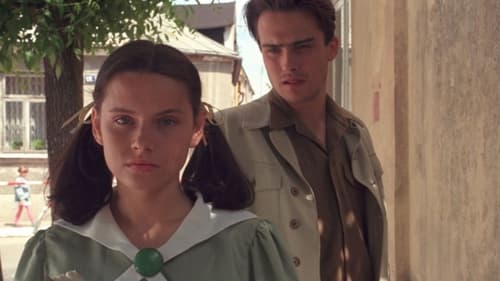
Ciotka Dunkierka
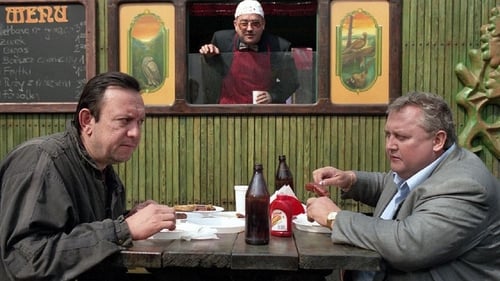
Szwagierka Rysia

szefowa laboratorium
A rational young man and his devoutly Catholic wife believe their sickly son may have leukemia. As they await further tests over a weekend they both struggle with a crisis of faith in both science and Catholicism.

Sąsiadka Amelia
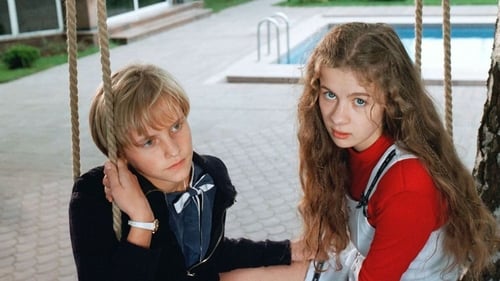
Ewa
A devout Catholic peasant girl is corrupted by two new friends when her family moves to the city. An allegory of traditional Polish values under threat from materialism and decadence in the post-Communist era.
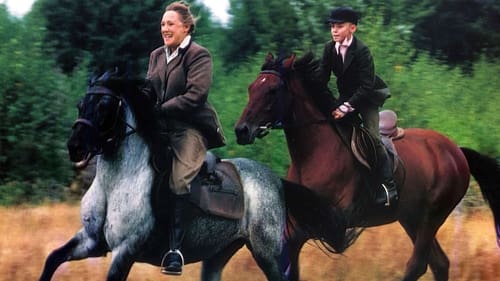
Justyna Winewar
Zanussi has described the film as his most autobiographical work. A young boy in post-World War II, Communist-dominated Poland, whose father's decision to remain in Britain after the war has made his family politically-suspect with the local Party authorities, is sent by his mother to stay with an "aunt" (in reality an old family friend) in Warsaw.

Julia Duprat
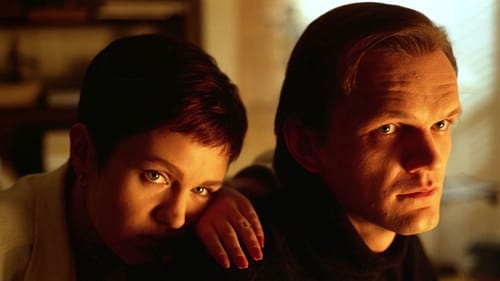
Wirska, sąsiadka Zychów
Young man frustrated with his life and pointless job becomes one of the suspects in serial killer investigation, but he suspects someone else...

Jerzy Stuhr Poland s most beloved actor wrote and directed this charming comedy that caters to his image as an innocent caught in a cynical world.
Stuhr stars as Gustav, a Krakow professor who is roped into showing a visiting Swedish professor around town. The randy Swede soon tires of Gustav s dull dissertations on Polish heroes and suggests looking for female companionship, but the task proves beyond the skills of the shy academic. Eventually, Gustav calls Isa, an old girlfriend from his distant past who was writing a dissertation on the mating habits of geese the last time they spoke. While Isa is not what the Swede had in mind, Gustav sees his old flame through the rose-colored glasses of time.
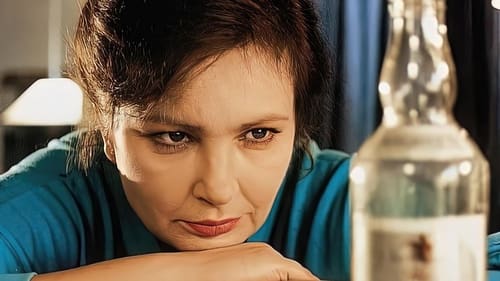
TV presenter Katarzyna has been a teetotaller for a year now. She attends regular AA meetings and even takes care of a novice there. Will she really manage to stay sober?

kobieta w kolejce do cudotwórcy
TV movie directed by Maria Zmarz-Koczanowicz.
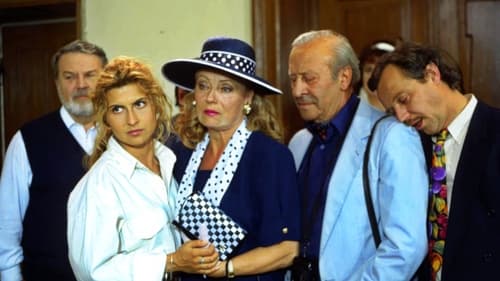
Radna od oświaty

bufetowa w dyskotece
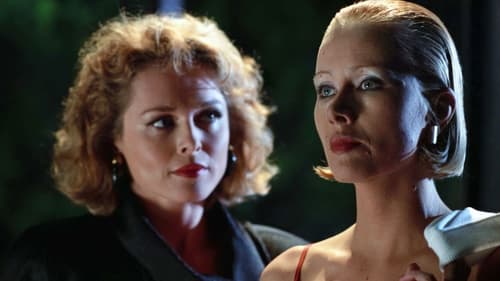
Pasażerka w pociągu
The main character is Bogna, a thirty year old woman lost in her surrounding reality and unhappy in her private life. After her husband departs for a foreign scholarship, Bogna learns that her mother died. The trip to her hometown for the funeral becomes a voyage in time, during which she relives the memories of her idyllic childhood.

Maria

Lusia, sąsiadka Ewy
Told as a film within the film, the story concerns an aging actress. Ewa is a flamboyant, pushy actress whose career and love life have come to a dead end. She lives in a faceless housing development. She is totally engrossed in herself and dreams of making a comeback as a singer. But her overbearing personality time after time sets her into conflict with those she tries to work with in the theater and her bedroom.

Siejbowa
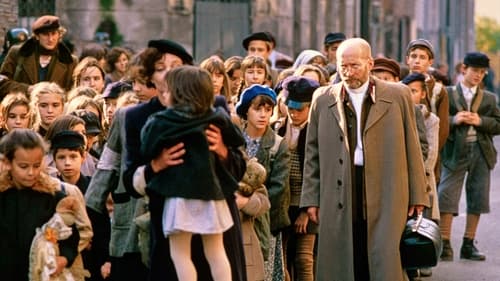
Sklepowa
줄거리나치 독일에 점령당한 바르샤바의 1942년을 무대로 아동문학가, 교육자로 활동하며 소아과 의사로도 더 유명한 폴란드 유태계 혈통의 야누스 코르작 박사가 설립한 고아원을 중심으로 박사의 말년을 그리고 있는 영화이며, 당시 촬영된 여러 기록 사진들을 영화의 배경으로 삽입하여 어려움속에서도 사랑하는 아이들과 생을 함께 하는 한 인간의 발자취를 그리고 있다.
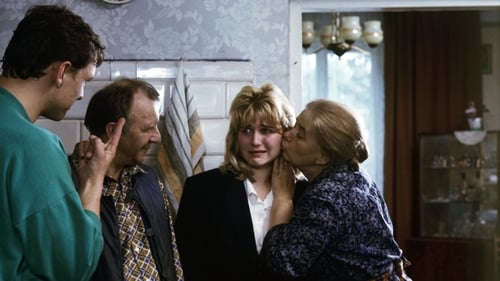
Goździkowa, sąsiadka Zawadów

Majkaca
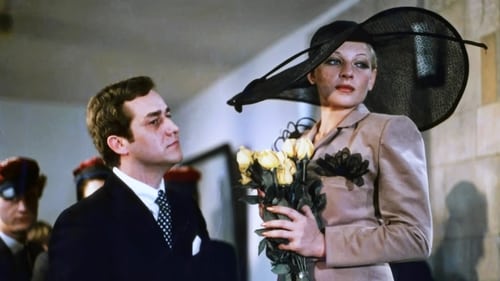
Aniela, przyjaciółka Hanki

A small village during the period of agricultural reforms in 1945. The two protagonists, a terminally ill count and his housemaster, engage in a private game that consists of artificially maintaining the social hierarchy which reigned here for centuries.
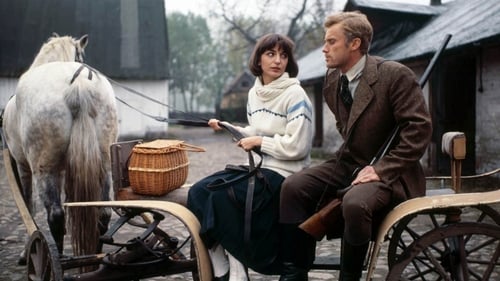
Zosia
Set in the late '20s. A thirtyish young man, who heads a small factory, faints at the funeral of a close friend. He decides to go home to his aunt and uncle for a while, but gets involved with a family of five women who had been in love with him at one time though he had apparently loved only one, who, unknown to him, has died since his departure. The women are mainly disillusioned with life or estranged from husbands while the youngest has a crush on him.

Waitress
"Alone"- A psychological and moral drama dealing with the crisis of feelings in interpersonal relations. Young heroes, basing their relationship on a program-based resignation from emotional involvement, under the influence of a tragic accident, change the rules of past coexistence.
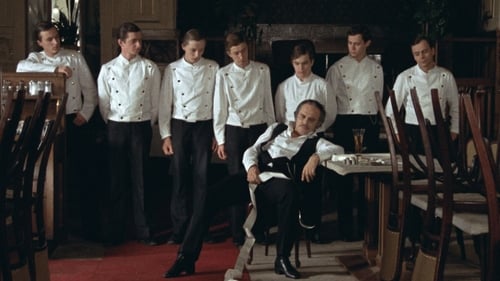
Hela
Set in the early 1930s, a young man finds a job as a dishwasher in a hotel and quickly works his way up the ladder. Loosely based on the novel by Henryk Worcell.
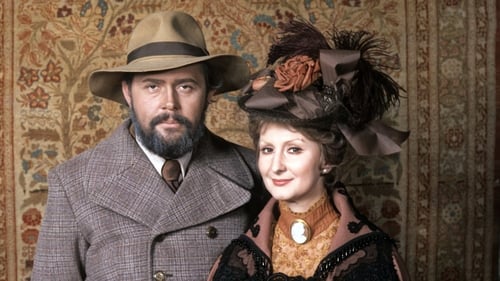
Agnieszka Niechcic
Nights and Days is a family saga of Barbara Ostrzenska-Niechcic, (played by Jadwiga Baranska) and Bogumil Niechcic, (played by Jerzy Binczycki) against the backdrop of the January Uprising of 1863 and World War I. The film is a rather straightforward and faithful adaptation of a novel by Maria Dabrowska with the same title. The plot is woven around the changing fortunes of a noble (upper-class) Niechcic family in the pre-WWI Poland. There are two main crossing threads: a social history one and an existential one. The cinematographic version is a condensation of the 12 part award winning TV serial of the same title and using the same cast and producers.
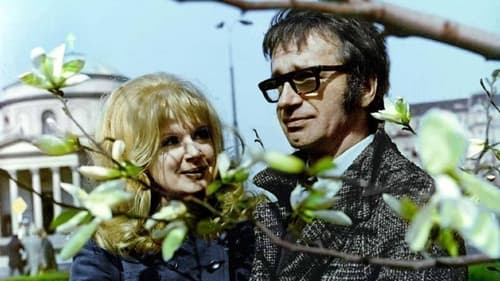
Lusia, "żona" Jerzego Dąbczaka
Nie ma róży bez ognia title in Polish: There is no rose without fire, in reference to two mixed up proverbs – There is no rose without thorns, and There is no smoke without the fire – is a Polish comedy film from 1974 directed by Stanisław Bareja.

Student / Worker / Patient / Painter
Short Drama
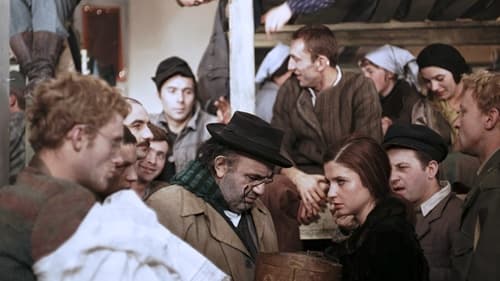
Nina
Film opens with the mad rush of haphazard freedom as the concentration camps are liberated. Men are trying to grab food, change clothes, bury their tormentors they find alive. Then they are herded into other camps as the Allies try to devise policy to control the situation. A young poet who cannot quite find himself in this new situation, meets a headstrong Jewish young girl who wants him to run off with her, to the West. He cannot cope with her growing demands for affection, while still harboring the hatred for the Germans and disdain for his fellow men who quickly revert to petty enmities.









































